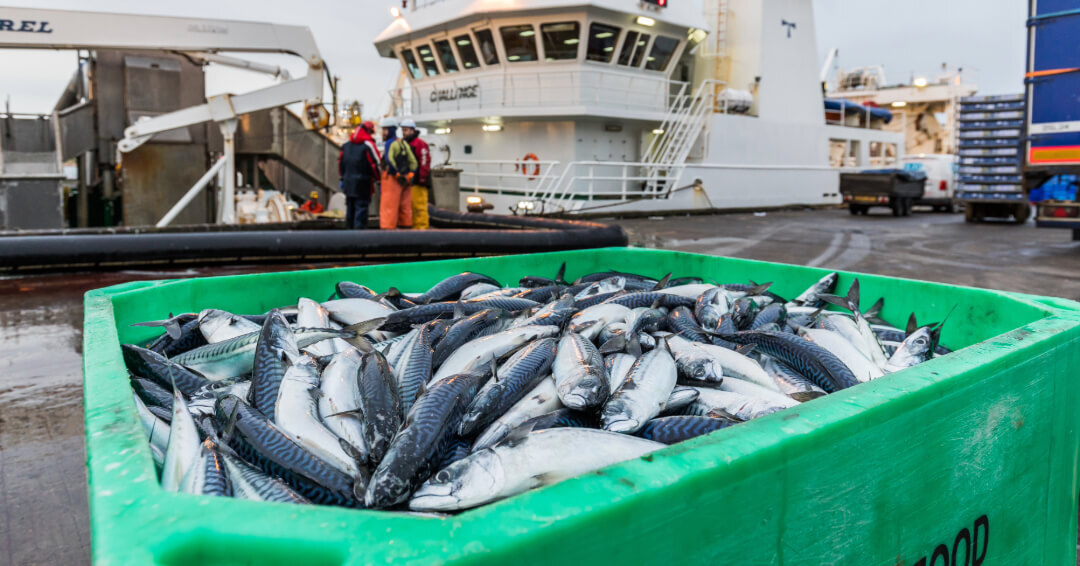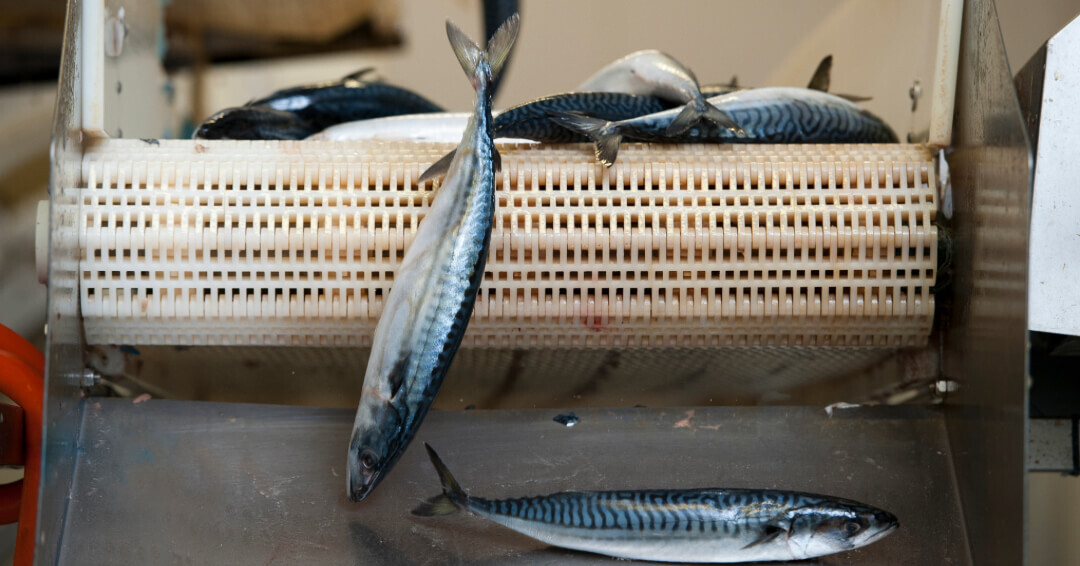Mackerel: Once a Sustainability Hero, Now Teetering on the Brink
Posted by Emma on 11th Apr 2025 Reading Time:
The Marine Conservation Society (MCS) has warned restaurants, supermarkets, and fishmongers across the UK to stop serving Northeast Atlantic mackerel. In the latest Good Fish Guide update, the charity has downgraded the popular fish due to alarming overfishing trends that threaten its future as a viable seafood option.
For many years, mackerel has held a place of esteem on British menus. Its oily richness, nutritional value, and abundance made it a go-to sustainable choice for chefs and consumers alike. But recent assessments have revealed that fishing levels are placing the species under unsustainable pressure, with stocks now “nearing a breaking point.”
Alice Moore, manager of the Good Fish Guide, described the situation as “deeply concerning,” noting that “mackerel is under immense pressure from fishing activities across multiple nations, and the stock will soon be no longer able to sustain itself.”
A System in Decline
The MCS’s Good Fish Guide, updated biannually, uses a colour-coded traffic light system for consumers and a numerical scale (1 to 5) for businesses. Green-rated seafood (scores of 1–2) is recommended as the most sustainable option. Amber-rated species (3–4) indicate a need for improvement, while a red rating (5) signals serious environmental concerns and a call to avoid.
Most mackerel sold in the UK is caught in the Northeast Atlantic using midwater trawl nets—this method has now been downgraded from a rating of 3 to 4, meaning it is no longer recommended for sale or consumption. Even mackerel caught by hook and line, a previously considered more sustainable method, has seen its rating drop from 2 to 3.
A critical lack of coordinated international fisheries management drives the downgrade. Although countries such as the UK, Norway, Iceland, and the Faroe Islands harvest Northeast Atlantic mackerel, no unified plan remains to limit catch volumes. Since 2009, collective catch limits have exceeded scientific recommendations by 5% and 80%. In the past four years alone, these limits have overshot guidance by an average of 39%—equivalent to more than 188,000 tonnes annually.

A Call for Urgent Cooperation
The MCS urges governments, including the UK, to act swiftly and cooperatively. “The UK government must take immediate action to work with other nations to align catch limits with scientific advice,” Moore added. Without such collaboration, experts fear the mackerel stock may reach irreversible depletion.
A spokesperson for the UK Department for Environment, Food & Rural Affairs (Defra) responded: “Sustainability is at the heart of our approach to supporting the UK fishing industry and to our international negotiations. We have already taken action with Norway and the Faroe Islands to reduce fishing pressure on the Northeast Atlantic mackerel stock.”
Yet critics argue these measures fall short without a comprehensive and enforceable management plan among all fishing nations.
Alternatives for a Responsible Plate
In light of mackerel’s demotion, the MCS recommends several sustainable alternatives. Herring from the North Sea and eastern English Channel, as well as sardines from Cornwall certified by the Marine Stewardship Council, are listed as greener choices that can help reduce pressure on dwindling mackerel stocks.
There are, however, glimmers of positive news in the updated guide. Monkfish caught in the North Sea have moved from amber to green, earning a “best choice” status. Blue marlin, while still rated poorly, has been upgraded slightly from a red (5) to an amber (4), reflecting a marginal reduction in fishing pressure. Farmed seafood ratings remained unchanged, with certified basa and tilapia maintaining their green status and farmed bluefin tuna remaining firmly on the red list.
Conclusion: A Turning Point for Sustainable Seafood?
The decline of mackerel serves as a sobering reminder that sustainability is not a static label—it must be continually earned and protected. Once a shining example of responsible fishing, mackerel is at risk of disappearing from our menus if urgent action is not taken. The Marine Conservation Society’s appeal is both a warning and a call to arms: protect marine life through science-led policy and responsible consumer choices.
As the October update of the Good Fish Guide looms, stakeholders across the seafood supply chain will be watching closely—and perhaps, rethinking what belongs on the plate.




